 NEW YORK – Candidate for Public Advocate Bill de Blasio today joined a diverse coalition of elected officials, criminal justice advocates, LGBT community leaders, and clergy and civic leaders to propose sweeping reforms to give the City’s Civilian Complaint Review Board (CCRB) greater power to prosecute cases and increased independence from the New York Police Department (NYPD). Last week, de Blasio initiated the first step in this reform process by introducing legislation in the Council to make the CCRB and other watchdog Citywide offices and agencies independently budgeted.
NEW YORK – Candidate for Public Advocate Bill de Blasio today joined a diverse coalition of elected officials, criminal justice advocates, LGBT community leaders, and clergy and civic leaders to propose sweeping reforms to give the City’s Civilian Complaint Review Board (CCRB) greater power to prosecute cases and increased independence from the New York Police Department (NYPD). Last week, de Blasio initiated the first step in this reform process by introducing legislation in the Council to make the CCRB and other watchdog Citywide offices and agencies independently budgeted.
“We want and need a City where we have real community policing; this is in the best interest of all New Yorkers and the NYPD. Right now, the Civilian Complaint Review Board has become more of a lapdog than a watchdog. I have great respect for our City’s police officers, the vast majority of who put their lives on the line and do their job correctly every day. But we must build real reforms within the CCRB to create a City where all New Yorkers are safe and heard,” said Bill de Blasio.
According to its own 2008 Status Report, the CCRB has a history of only substantiating a small number of the complaints it hears each year – approximately 161 cases or 7% in 2008, only 19 of which then went to an NYPD administrative trial. As the Center for Constitutional Rights reported this year, from 2005 to 2008, Black and Latino New Yorkers comprised 80% of stop and frisks, while they make up 25 percent and 28 percent of New York City’s total population, respectively. From 2007 to 2008, the number of stop and frisks across the City rose by 13%.
De Blasio’s proposed reforms would augment the powers of the CCRB, while maintaining the NYPD Commissioner’s decision-making role in disciplining officers. Many of the proposed reforms could be implemented via administrative action or local law, which would be subject to a referendum in some cases, while others might require state legislation.
DE BLASIO’S 8 POINT CCRB REFORM PROPOSAL
I. Grant the CCRB Prosecutorial Authority
The CCRB should be granted the authority to prosecute the cases it substantiates within the NYPD’s internal system. Currently, the CCRB must turn over its substantiated cases to the NYPD, which frequently chooses not to take any action on these cases.
II. Allow the CCRB to Initiate Complaints
The CCRB should be able to independently initiate an investigation without waiting for a civilian to make a complaint in incidents where there is an allegation of excessive force. This authority should be granted to the CCRB, together with clear guidelines regarding how and under what circumstances the CCRB can initiate such investigations. There is currently no independent civilian body with similar powers. In many cases, it is appropriate to have an independent civilian review of NYPD conduct—even in the absence of a complainant.
III. Ensure Adequate Funding
The annual budget for the CCRB should be a set as a fixed percentage of the NYPD’s annual budget, ensuring adequate funding for civilian review. Currently, the CCRB budget is set through the normal City budgeting process, which involves a proposed budget issued by the Mayor that is subsequently approved by the City Council. The CCRB should never be subject to politically charged budget negotiations.
IV. Increase CCRB Independence
We must increase the independence of the CCRB by considering a combination of structural reforms while maintaining the NYPD Commissioner’s decision-making role in disciplining officers: establishing a rigorous, independent screening panel process to review candidates for appointment to the Board; altering the board composition by removing all NYPD appointees and replacing them with Mayoral appointees; or creating a third independent civilian body to hear appeals in cases where the CCRB does not agree with the NYPD Commissioner’s disciplinary determination.
V. Improve Community Outreach
CCRB should be present and accessible in the outer boroughs so that residents can interact with the agency, learn about the process of making complaints, and become familiar with the investigative process. The CCRB’s Community Outreach Unit should better utilize citywide and local advertising outlets to educate City residents on their right to make a complaint—such advertisements should be placed so as to reach the broadest possible range of communities. Additionally, local CCRB intake offices should be established around the five boroughs, and interpreters provided where appropriate.
VI. Establish Minimum Qualifications for Investigators
CCRB investigators should be required to have minimum investigative experience as a condition of employment. There is currently no such requirement, resulting in an investigative staff that may not have the requisite experience to perform effective professional investigations.
VII. Maintain Confidentiality in Investigations
Some complainants cite a fear of retribution as reason for not making a complaint to the CCRB. Such fears keep the agency from performing its duties and undermine public confidence in the CCRB. The CCRB should use unique identifiers rather than names to better guard the confidentiality of complainants.
VIII. Standardize the Investigative Timeline
Investigations should be completed within six months, with extra time permitted in extenuating circumstances. Currently, investigations can take over 300 days to be completed—such lengths undermine public trust and confidence in the civilian review process.
(YWN Desk – NYC)



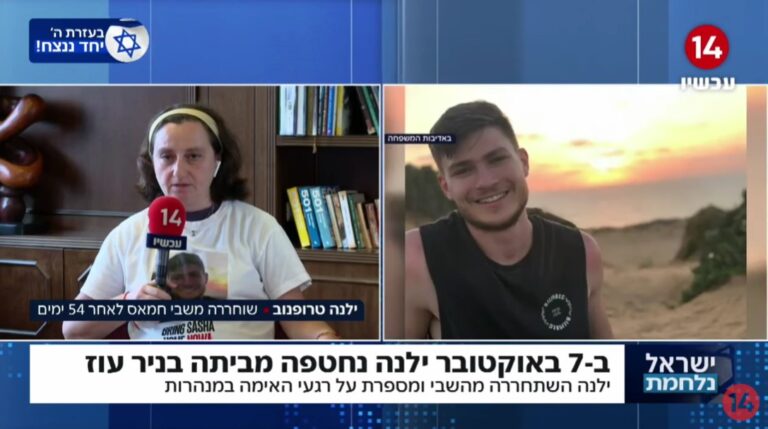

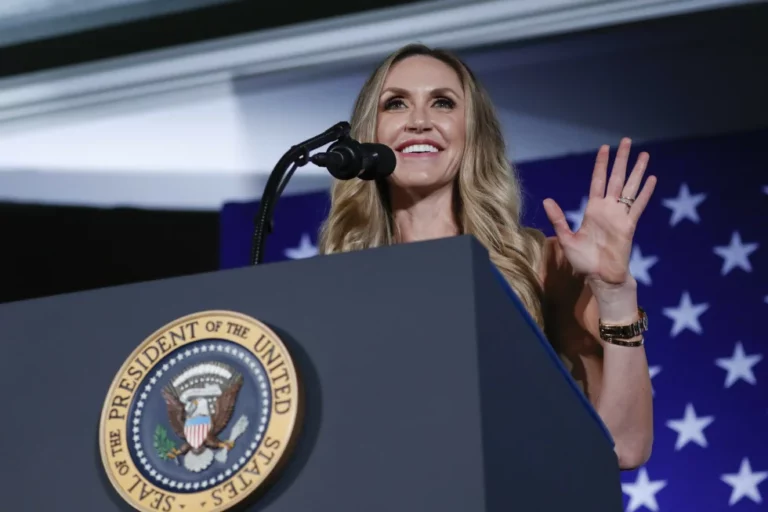

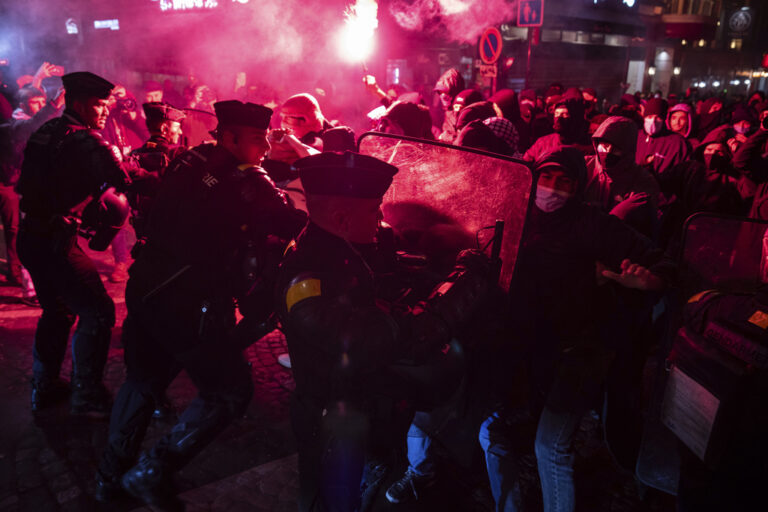
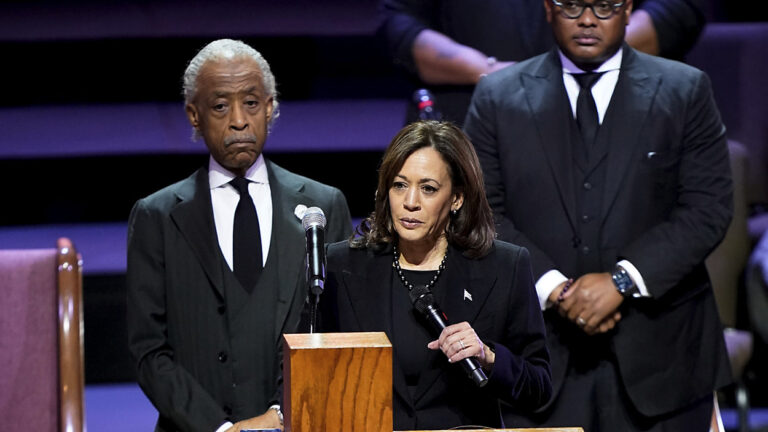

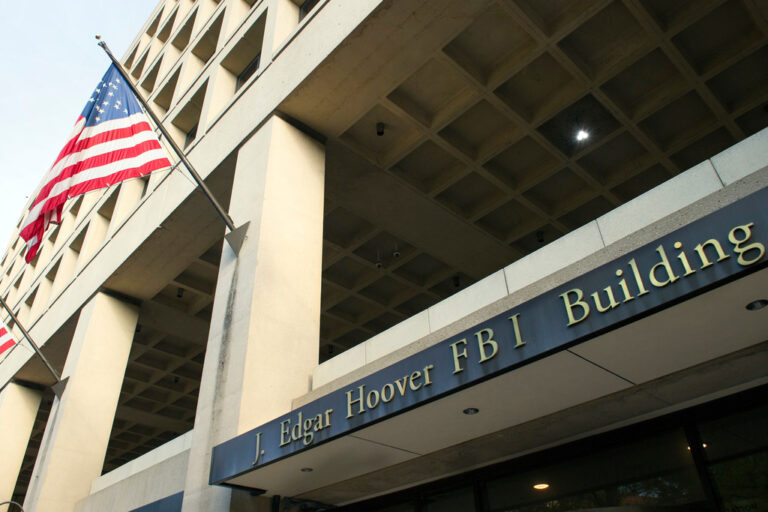
One Response